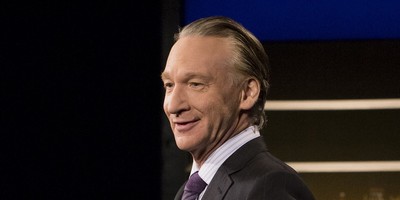Media coverage now implies that the U.S. Supreme Court will determine the fate of President Obama's health care law. But nothing the court decides will keep the law alive for more than a brief period of time.
There are three ways the health care law could meet its end. The first, obviously, is the Supreme Court could declare some or all of it unconstitutional in June.
If it gets past that hurdle, the law also could be ended by Election 2012. If a Republican president is elected, the GOP will almost certainly also win control of the Senate and retain control of the House. While the details might take time, a Republican sweep in November would ultimately end the Obama experiment.
But even if the law survives the Supreme Court and the next election, the clock will be ticking. Recent estimates suggest that the law would cause 11 million people to lose their employer-provided insurance and be forced onto a government-backed insurance plan. That's a problem because 77 percent of those who now have insurance rate their current coverage as good or excellent. Only 3 percent rate their coverage as poor. For most of the 11 million forced to change their insurance coverage then, it will be received as bad news and create a pool of vocally unhappy voters.
Additionally, the cost estimates for funding the program are likely to keep going up. Eighty-one percent of voters expect it to cost more than projected, and recent Congressional Budget Office estimates indicate voters are probably right. But it's not the narrow specifics and cost estimates that guarantee the ultimate demise of the president's health care plan. It's the fact that the law runs contrary to basic American values and perceptions.
Recommended
This, then, is the third hurdle the law faces: Individual Americans recognize that they have more power as consumers than they do as voters. Their choices in a free market give them more control over the economic world than choosing one politician or another.
Seventy-six percent think they should have the right to choose between expensive insurance plans with low deductibles and low-cost plans with higher deductibles. A similar majority believes everyone should be allowed to choose between expensive plans that cover just about every imaginable medical procedure and lower-cost plans that cover a smaller number of procedures. All such choices would be banned under the current health care law.
Americans want to be empowered as health care consumers. Eighty-two percent believe that if an employer pays for health insurance, the worker should be able to use that money and select an insurance product that meets his or her individual needs. If the plan they select costs less than the company plan, most believe the worker should get to keep the change.
It's not just the idea of making the choice that drives these numbers, it's the belief held by most Americans that competition will do more than government regulation to reduce the cost of health care. For something as fundamental as medical care, government policy must be consistent with deeply held American values. That's why an approach that increases consumer choice has solid support and a plan that relies on mandates and trusting the government cannot survive.

























Join the conversation as a VIP Member